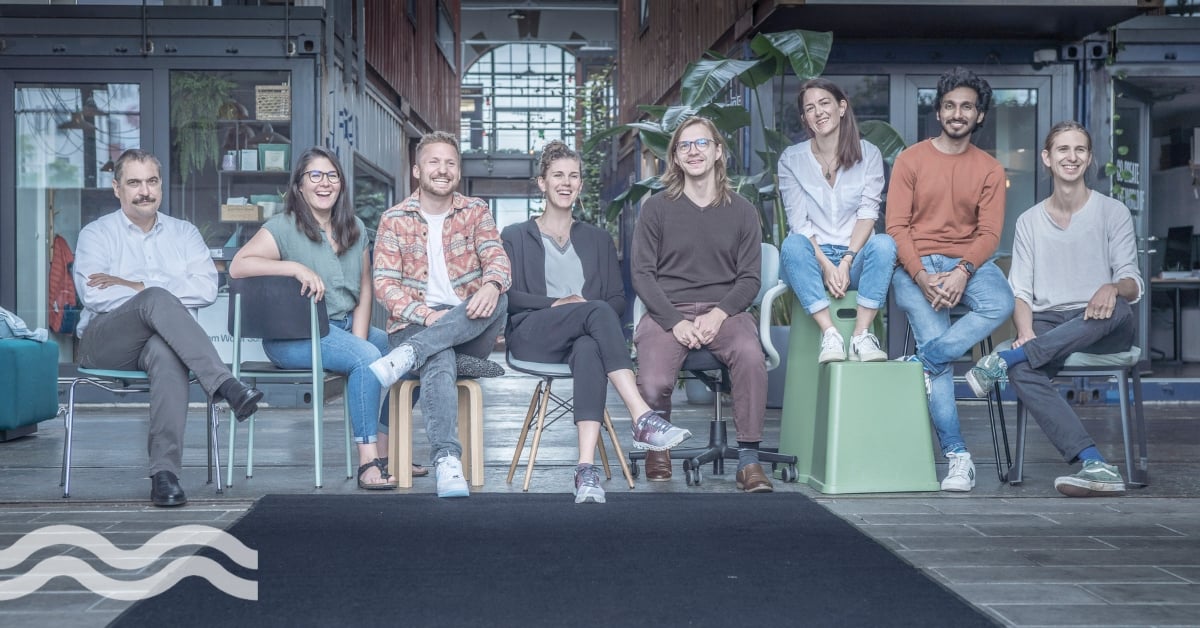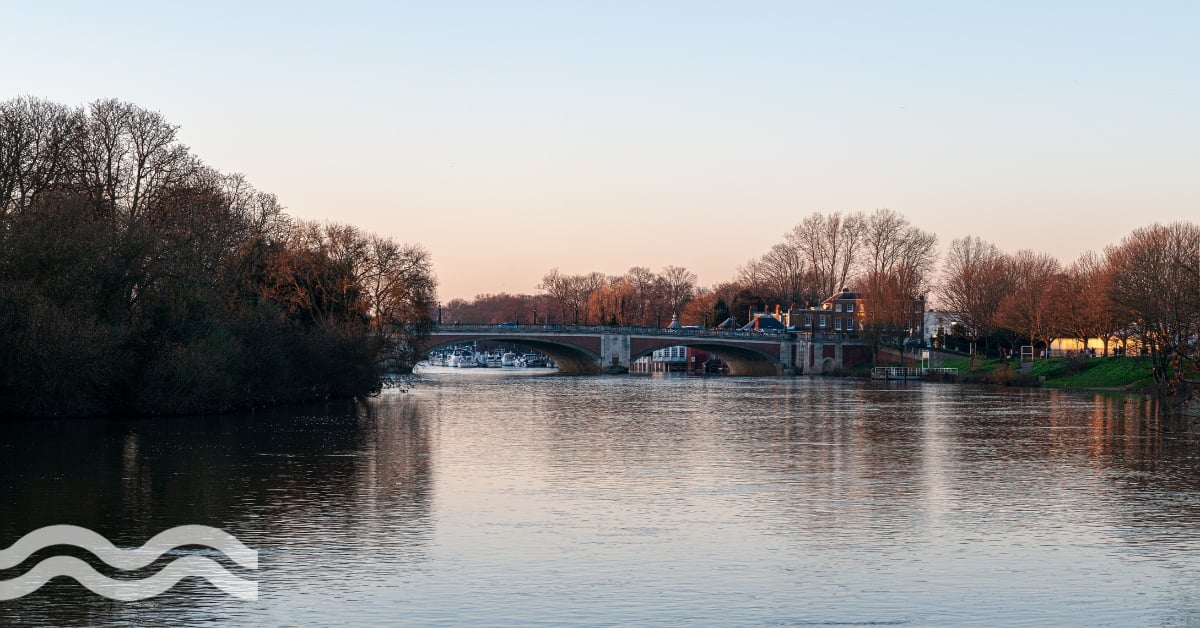3 reasons South Korea is becoming a smart water nation

South Korea may be known as an electronic powerhouse producing companies such as Samsung and LG but it is also getting a reputation for its efforts on smart water.
A new report from the International Water Resources Association (IWRA) has listed 10 examples of smart water management (SWM) and South Korea features in not one, not two but three.
Through a combination of smart water meters and Information and Communication Technology (ICT), the country has managed to increase the consumption and trust in public water supply.
Below we look at why South Korea is punching with the heavyweights not only in terms of electronics but also smart water management.
Smart city in South Korea
1 – Paju is turning into a smart water city
Despite the nearly universal availability of high-quality drinking water in Korea, the direct tap water drinking rate of Korea is only around five percent. The main reason why Koreans do not drink tap water directly is a distrust due to concerns about the aging water pipes, the alleged smell and taste of tap water, the report said.
As a result, Korea Water Resources Corporation (K-water) introduced the ‘Smart Water City’ (SWC) concept with the goal to increase the consumption of tap water. So what is SWC? In short, in a Smart Water City ICT is integrated throughout the entire water supply process, from treatment to tap. People can directly check for themselves in real-time the status of the tap water supply process and water quality.
The results speak for themselves: in Paju Smart City, the consumption of tap water substantially increased from one percent to 36.3 percent in a three year period. A combination of ICT technology and real-time sensors were collectively used together with ground staff engagement.
K-water reports that public trust in drinking water has also increased using the SWC concept.
2 –Seosan’s success with smart metering
The Seosan City project involves the adoption of smart water meters. The city wanted to adopt the system following drought measures in 2016 and a smart metering pilot project in the Goryeng area, from January to May 2015.
Ambitions for the project included reducing water leakages and improving non-revenue water rates by using remote metering, smart meters and ICT. Following the technology installations, hourly water usage data is delivered wirelessly.
And the results? The project results show a 190,000 cubic metre of water per year decrease in leakage. Financially, K-water estimates this will help to save USD$590,000 over the next eight years. Customer satisfaction has also said to have improved as complaints can be handled promptly using the hourly data.
The report said: “Smart metering enables a sustainable water supply by reducing water leakages and saving water and energy. When water supply is reduced or limited by drought or other challenges, new water resource development is needed to supply water stably.”
3 – Hydro intelligent toolkit
South Korea faces regular water-related disasters such as extreme flooding and droughts. To address this, the country has placed great effort to resolve temporal and regional variability through the construction of multi-purpose dams and multi-regional water supply systems.
Following this, a scientific river operation system which links the rivers in the connecting watersheds was constructed by K-water. This included a Hydro Intelligent Toolkit (K-HIT) to provide an ICT-led integrated water management system.
K-HIT has five functions: real-time hydrological data acquisition, precipitation forecasting, flood analysis, reservoir water supply and hydropower generation.
By using K-HIT, K-water claims it can minimise the flood damages by storing more water during the flood season and can prevent droughts by supplying stored water during the dry season.
Through the introduction of K-HIT, K-water said it has been able to effectively deal with floods that occurred in 2012, 2013 and 2015.
A smart water roadmap
Professor Jinyoung Jung at Yeungnam University Daegu and representative of the Korean Water Cluster, said: “One of the reasons smart water has progressed so quickly in South Korea is because ICT-based technologies are very strong. Furthermore, one of the key drivers for the adoption of smart water projects is the current government's interest in the Fourth Industrial Revolution.”
Commenting in the report, Patrick Lavarde, president of the IWRA, said: “The Government of the Republic of Korea and K-water have championed Smart Water Management over the past decades by supporting and developing innovative solutions for current water challenges faced domestically and around the world.” He added: “It is my hope that this report encourages water utilities, industries and water users around the world to move forward in implementing SWM solutions, in order to achieve great success in resolving the current water challenges we face.”
Dr Haksoo Lee, CEO of K-water, added: “We can assist with achieving the Sustainable Development Goals around the world by adopting SWM where better water management strategies are needed, and by establishing guidelines and a roadmap for SWM to transition towards more sustainable use of water in the future.”
More details on the Smart Water Management report can be found here.
Share your water technology stories with us
Do you have an innovation, research results or an other interesting topic you would like to share with the international water technology industry? The Aquatech website and social media channels are a great platform to showcase your stories!
Please contact our Sr Brand Marketing Manager Annelie Koomen.
Are you an Aquatech exhibitor?
Make sure you add your latest press releases to your Company Profile in the Exhibitor Portal for free exposure.
.jpg?h=628&iar=0&w=1200)

